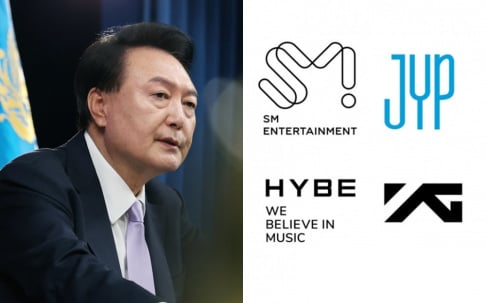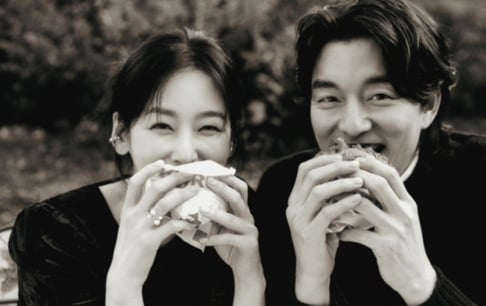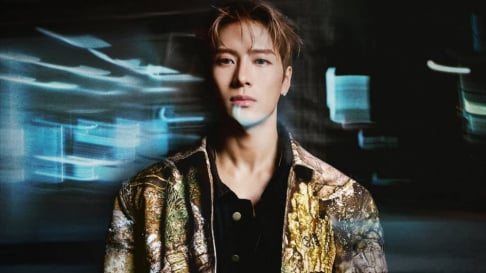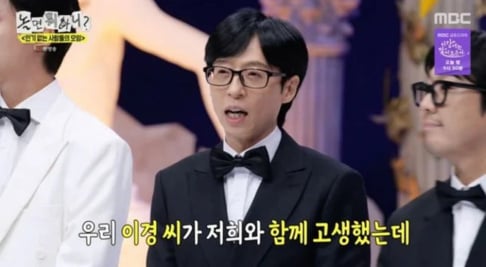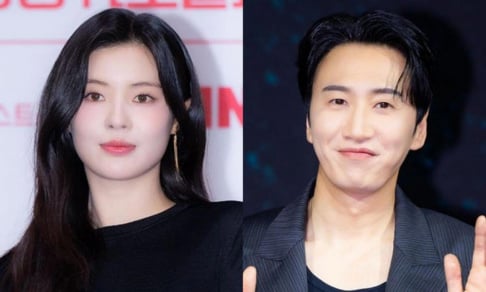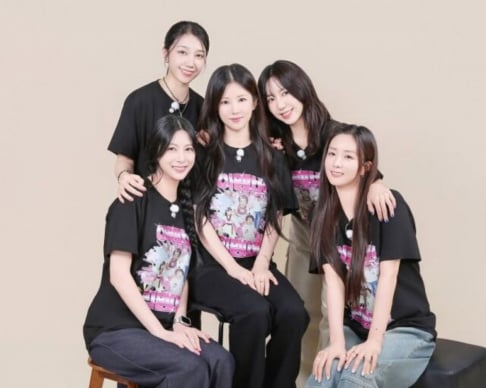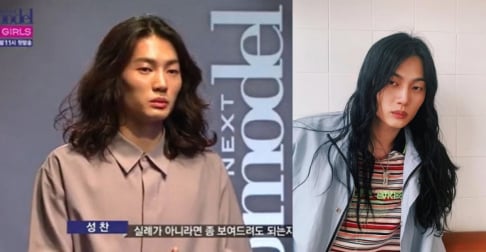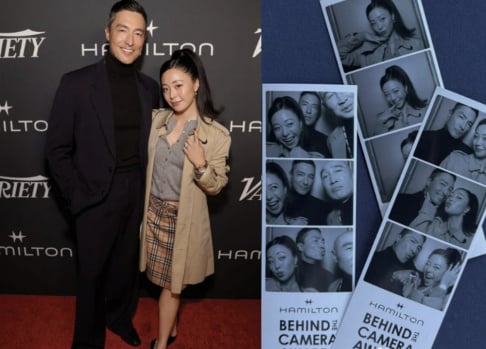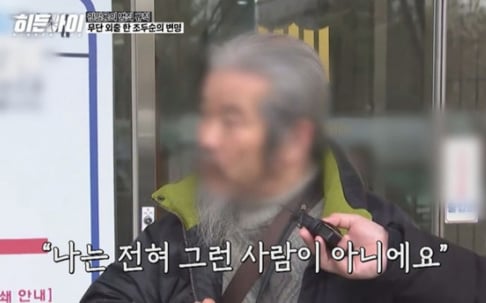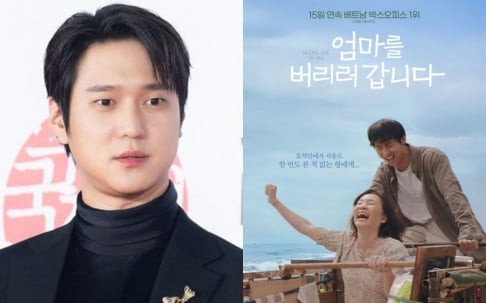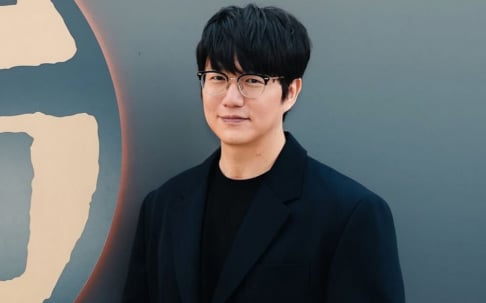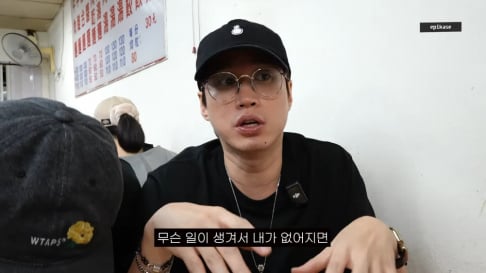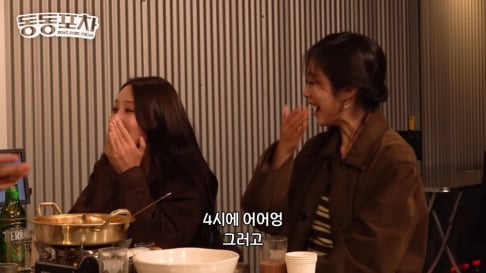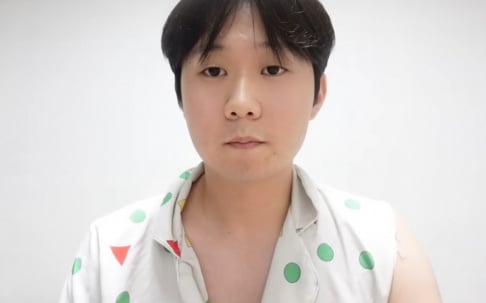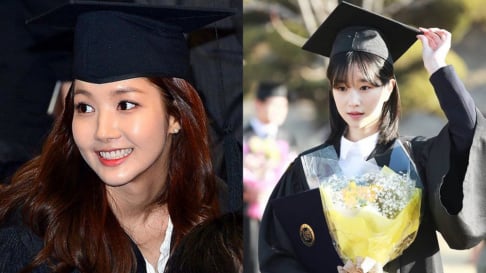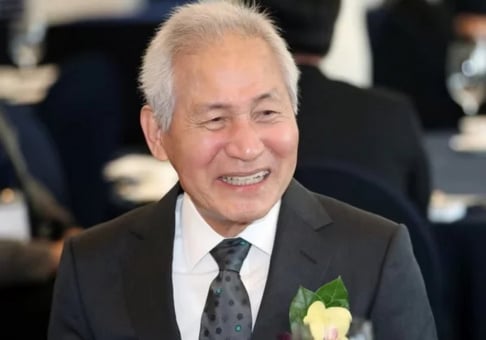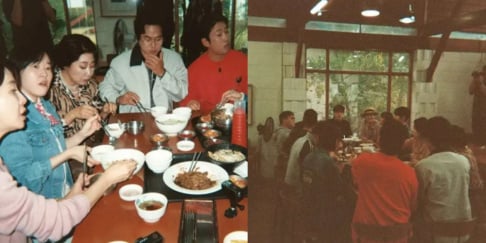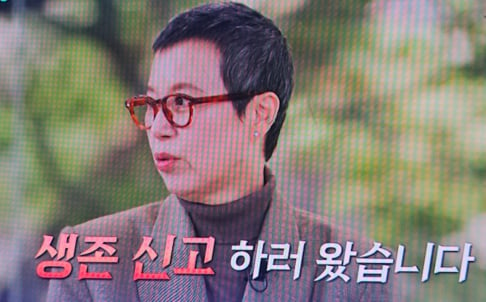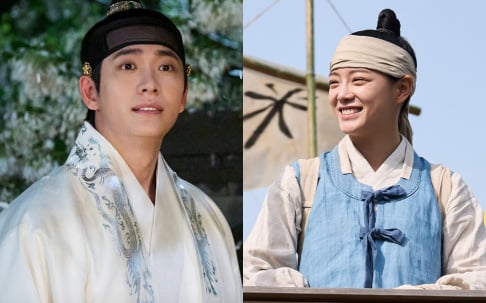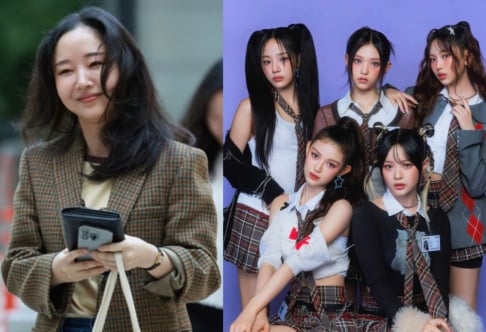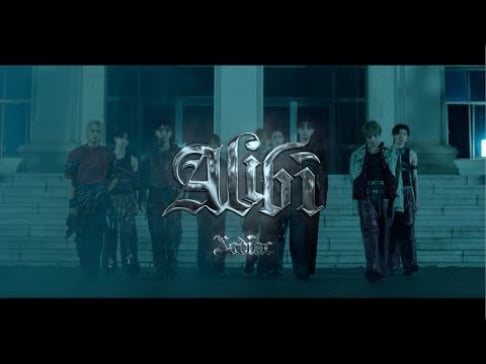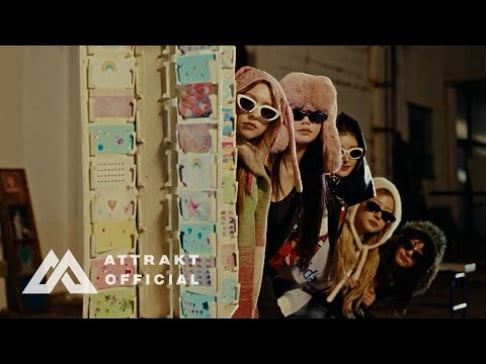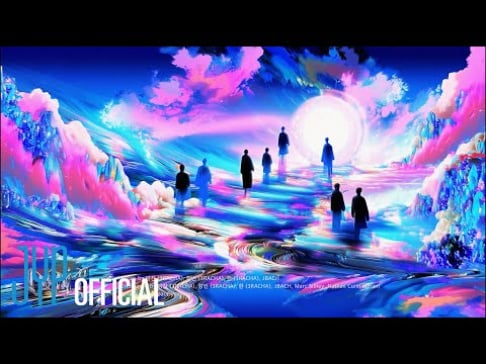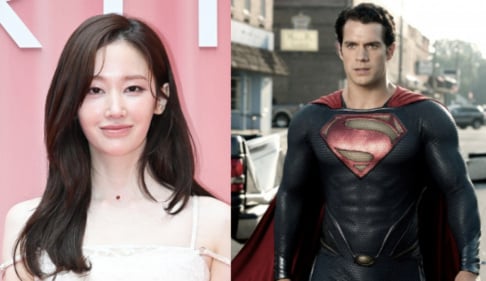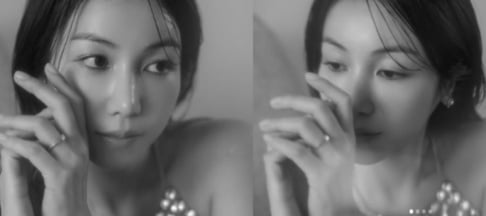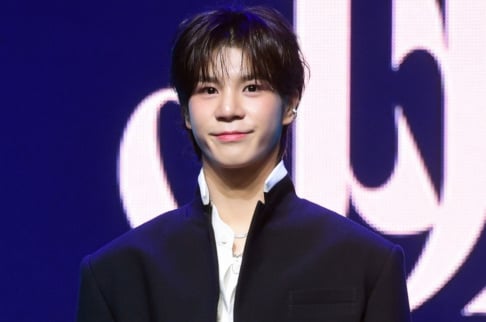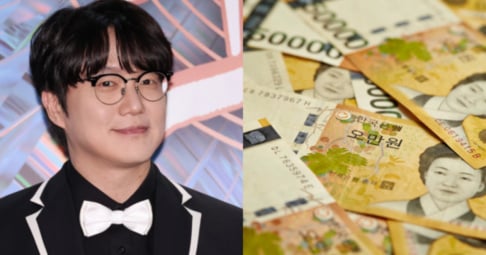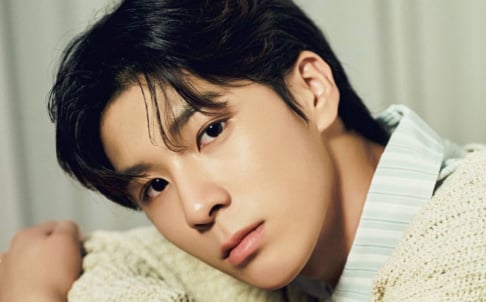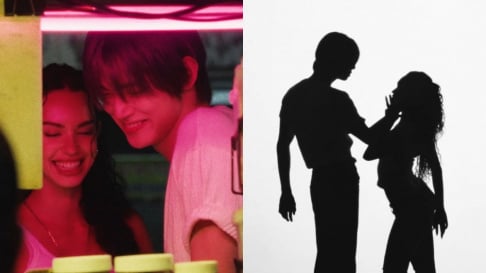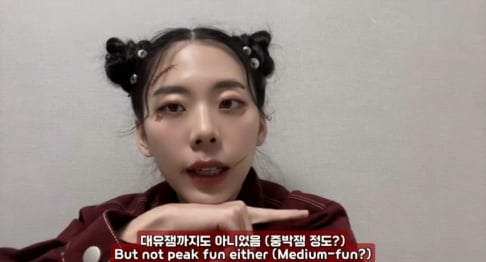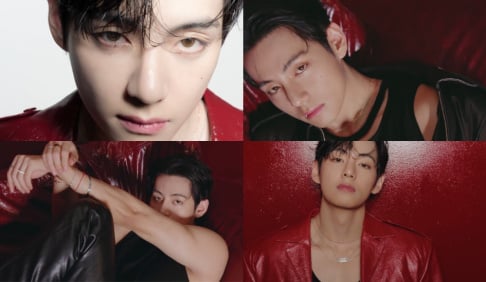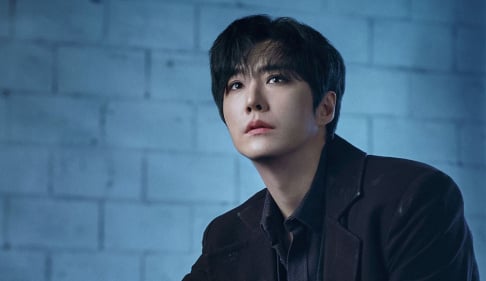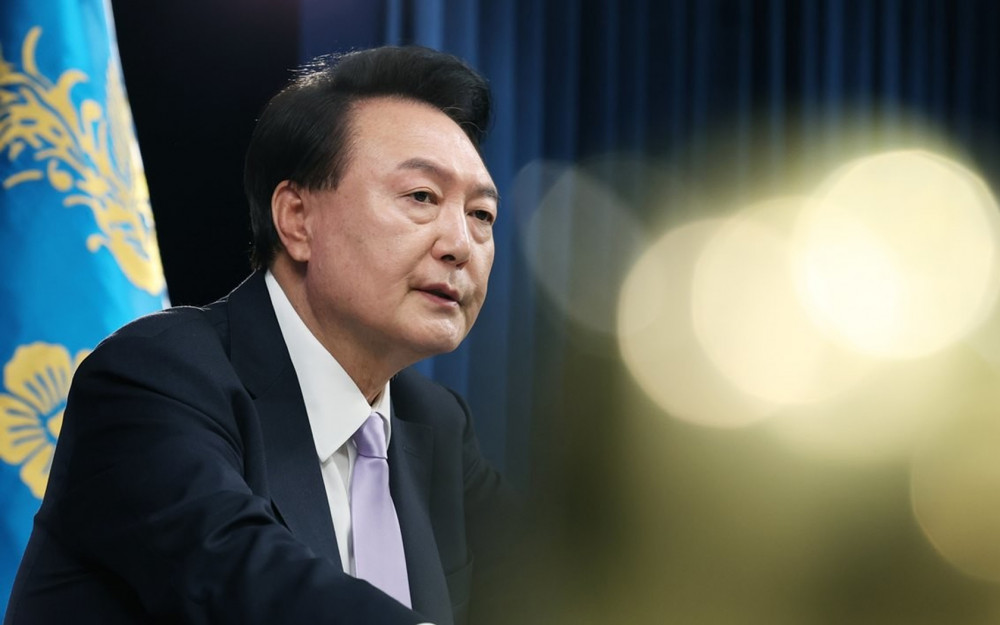
President Yoon Suk Yeol held an emergency press conference on the night of December 3 to declare martial law.
At the emergency press conference held at the Yongsan Presidential Office, President Yoon announced, “I am declaring martial law to eradicate pro-North forces and protect the constitutional order of freedom.”
According to the Naver Encyclopedia of Current Affairs, martial law is an exclusive power of the president. It is an emergency authority invoked to maintain national security and public order during times of national crisis as prescribed by law.
In cases of war, armed conflict, or comparable national emergencies, administrative or judicial authority within the affected area may be transferred to the military, and certain fundamental rights guaranteed by the Constitution may be restricted.
However, when martial law is declared, the president must immediately notify the National Assembly. If a majority of the National Assembly members vote to demand the lifting of martial law, the president must comply and lift it.
Since 1960, martial law has been declared seven times, including during the Rhee Syngman regime following the April 19 Revolution (1960), the May 16 coup (1961), the June 3 Resistance Movement (1964), the October Restoration (1972), the assassination of President Park Chung Hee (1979), Coup d'état of December Twelfth(1979), and the May 18 Gwangju Uprising (1980). The Park Chung Hee administration saw the most instances of martial law, with four declarations.
Martial law is classified into two types: emergency martial law and security martial law.
Emergency martial law is declared by the president during times of war, armed conflict, or comparable national emergencies when the state is engaged in combat with an enemy, or when social order is severely disrupted to the point where administrative and judicial functions are significantly impaired. It is proclaimed as a military necessity to maintain public safety and order.
When emergency martial law is declared, special measures may be taken concerning warrant systems, freedoms of the press, publication, assembly, and association, as well as the powers of the government or judiciary, as prescribed by law.
Security martial law is declared by the president during times of war, armed conflict, or comparable national emergencies when public order is disrupted to the extent that general administrative agencies alone cannot ensure public safety and order. This type of martial law is proclaimed to maintain public safety and order.
Kyunghyang Shinmun explained, "Concerns have arisen that government censorship and control of the media could be implemented following President Yoon Suk Yeol’s declaration of martial law."
The newspaper elaborated, "During the Chun Doo Hwan military regime, the president expanded martial law and thoroughly controlled the media. Following the death of Park Chung Hee and the declaration of emergency martial law, Chun Doo Hwan expanded martial law nationwide under the pretext of stabilizing social unrest. Plans to control the media were also initiated. At the time, rigorous preemptive media censorship, mass dismissals of journalists, and the consolidation of media outlets were implemented."
It further stated, "According to Martial Law Proclamation No. 1, announced on October 27, 1979, following the Park Chung Hee incident, all media, including university publications, were subject to strict prior censorship by the Martial Law Command's Press Censorship Unit. The unit rigorously controlled and distorted coverage of pro-democracy movements, particularly those centered around specific figures."
During the martial law period, which lasted 456 days from October 27, 1979, to January 24, 1981, the censorship unit classified and reviewed a total of 277,906 related articles across newspapers, broadcasts, news agencies, magazines, and cultural promotions. Of these, 11,033 articles were entirely deleted, and 16,025 articles were partially censored. On average, more than 610 articles were censored daily, with around 60 articles per day either partially or completely suppressed from publication.
 SHARE
SHARE
